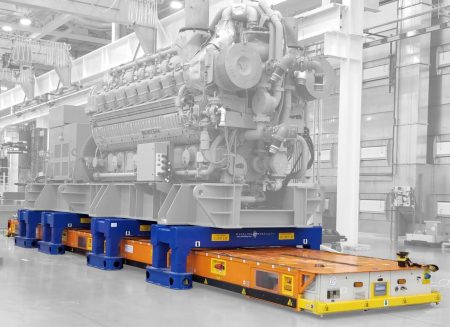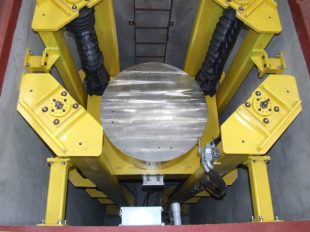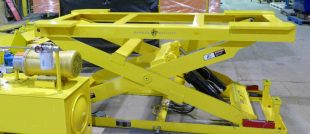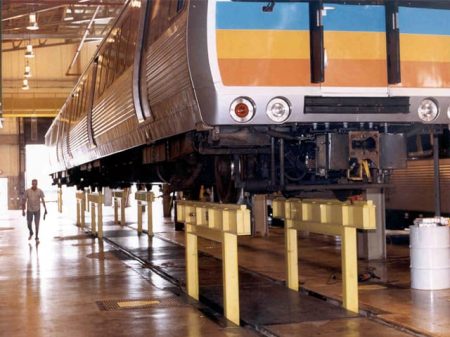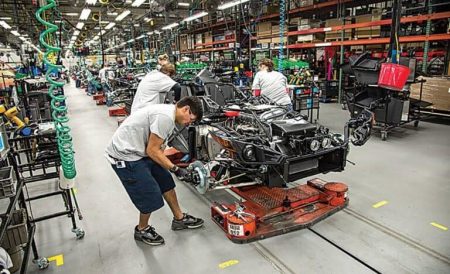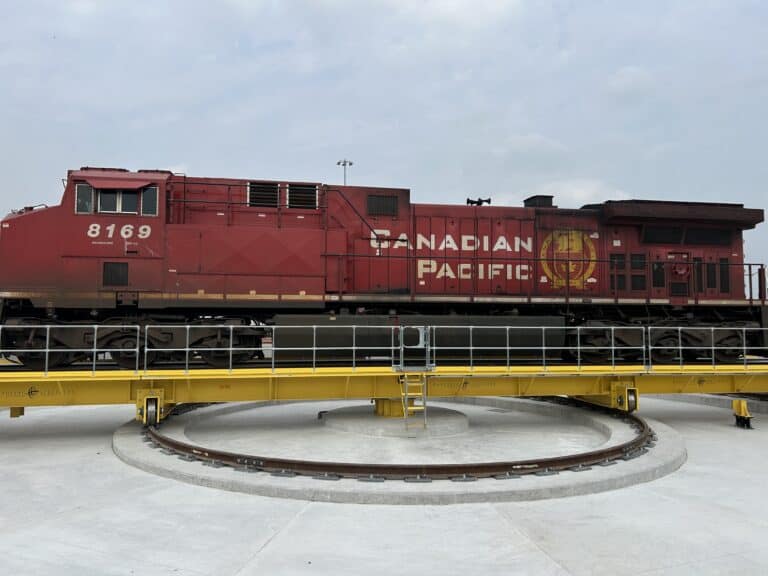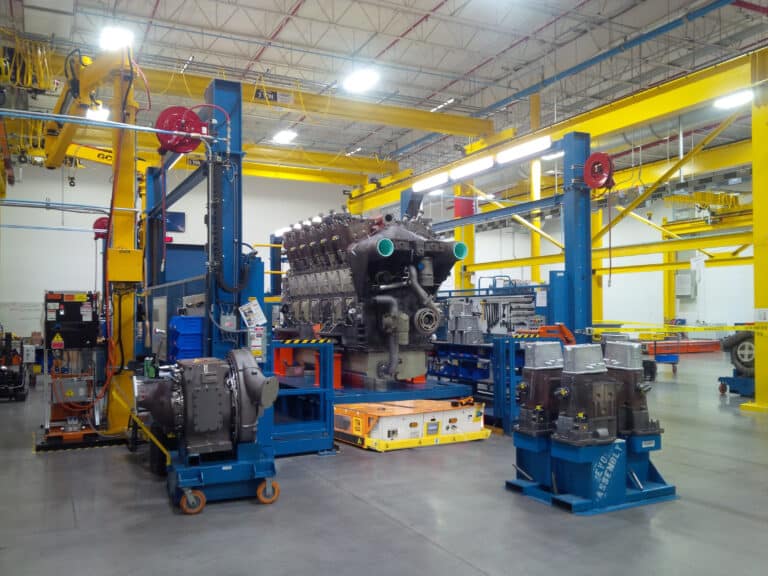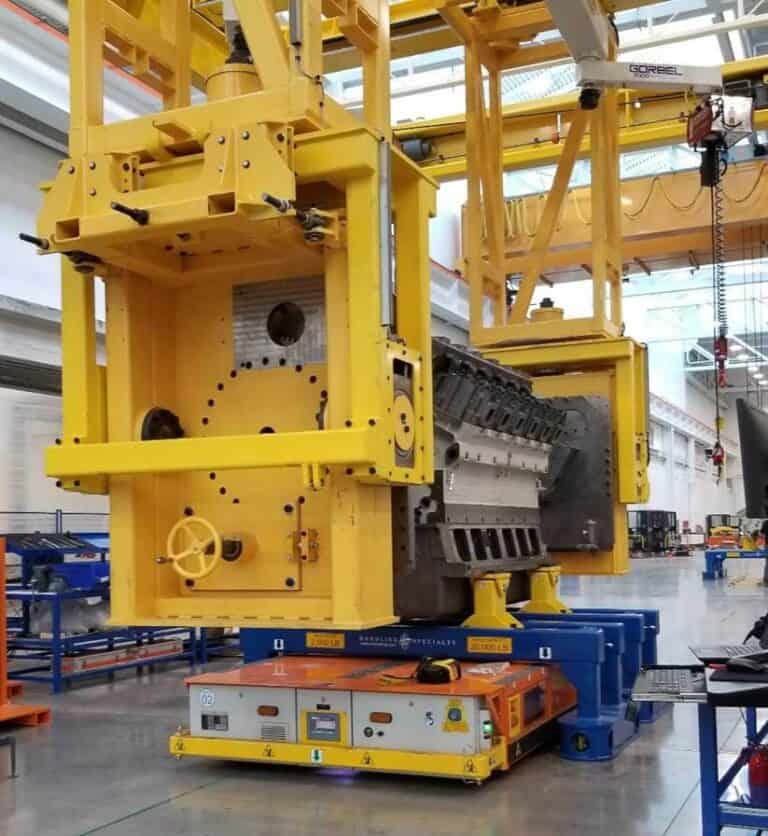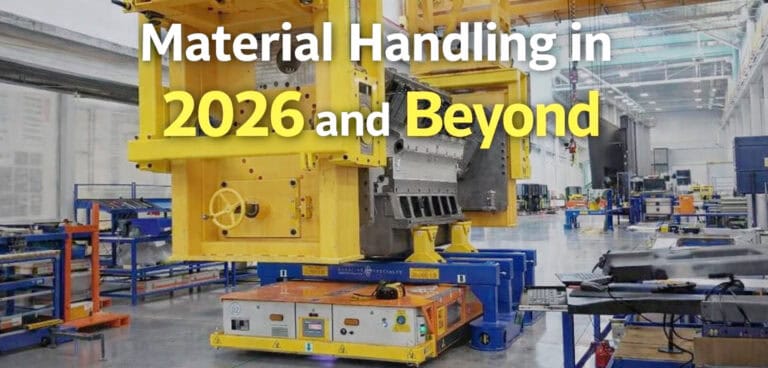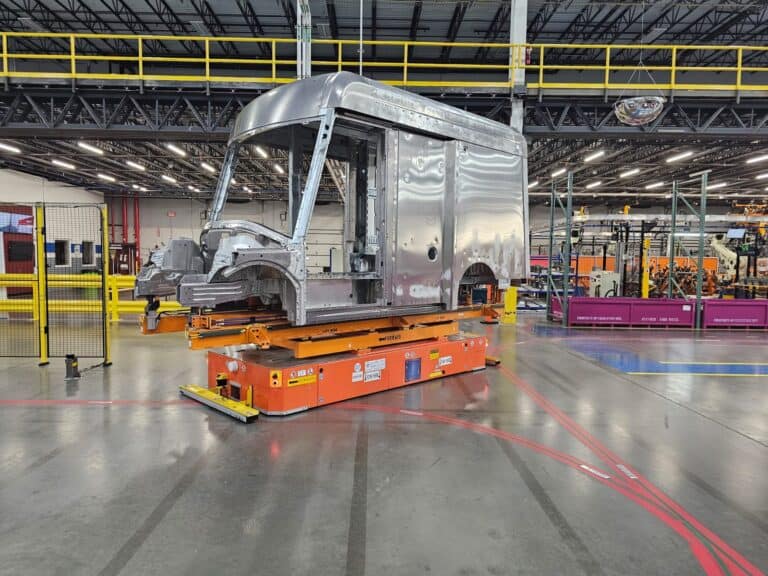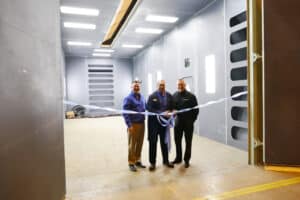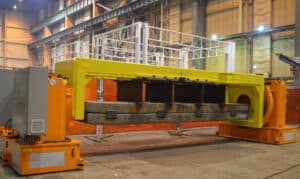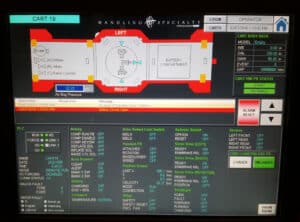Electrical control panels are designed and used to control mechanical equipment. Each is designed for a specific equipment arrangement and includes devices allowing an operator to control the equipment. Electrical panel components control every piece of equipment in every industry.
Handling Specialty designs and builds control panels for all our custom material handling equipment in-house. Because Handling Specialty builds equipment for multiple industries, our control panels must adhere to industry standards. With such a diverse customer base, our experience building for one industry supports the build for another.
The designs are conceived with in-house electrical designers and engineers, and via our in-house electricians, the wires are run, and the panels are attached to the equipment. Whether the equipment is run electro-mechanically or hydraulically, it requires a control panel to tell it what to do.
The design process starts by reviewing the customer specifications (if any) and then developing a hardware design, which includes drafting a schematic of all electrical components required to make the machine functional to the specifications and industry design standards. The standards we usually adhere to depend on the equipment’s final destination. For Canada, it is the Canadian Electrical Codes C22.1 and C22.2 No. 301-16, and for the United States, it is the National Electrical Codes NFPA 70 and NFPA 79.
During the design process, we source all components and select what parts we require to complete the hardware design; then, we issue those parts to be purchased. An electrical drawing set is issued to our manufacturing facility. Once most of the components arrive in-house, our electricians can proceed with building any electrical panels/junction boxes/cable assemblies required for the job.
The main electrical panels can be mounted on the equipment or the customer’s facility floor for easy access.
Once the mechanical build of the system is completed or close to completion, the shop electricians mount and integrate the electrical assemblies onto the machine.
Incorporated into the control system design is an operator interface, which can range from a simple handheld pendant to a sophisticated Human Machine Interface (HMI) with many different screens for status and control of the equipment. A hand-held pendant allows technicians to step away from a platform before storing it or remotely position the equipment next to the product or in a work cell.
Programmable Logic Controllers (PLCs) are often used for ease of control on smaller systems and are necessary for more complex systems. The code for the PLCs and HMI are developed in-house by our controls engineering staff and are based on industry standards and experience. The code is written to meet customer specifications and performance requirements and is pre-loaded and thoroughly tested in our manufacturing facility.
Every panel, like our material handling equipment, goes through thorough, rigorous testing using an internal acceptance process and a customer acceptance process in our facility, the customer’s facility, or both.
Building electrical panels is another example of how Handling Specialty brings the most value and experience to your custom material handling equipment project.
You can click here for more information on our processes or to speak with one of our professionals.
By Michael Poeltl and Lee Hussey.

